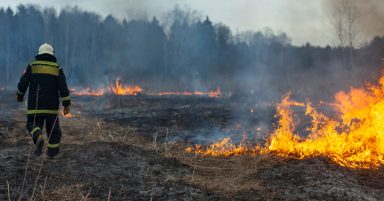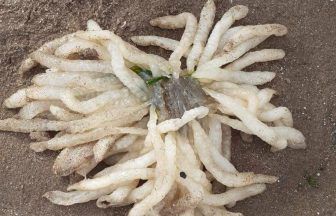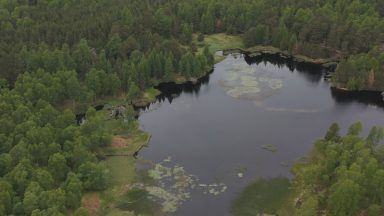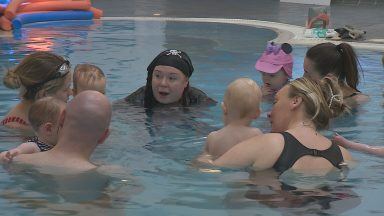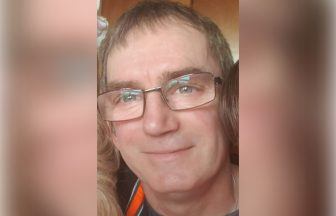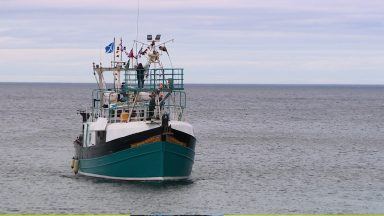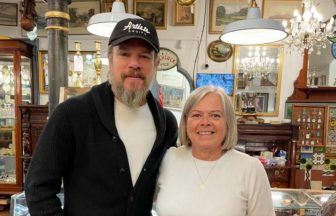A Scottish-Pakistani woman is one of four people nominated for the prestigious Sunday Times Young Writer of the Year award.
Noreen Masud, author of memoir “A Flat Place”, joins poets, writers and novelists on the shortlist for the Charlotte Aitken award, which sees the winner receiving a £10,000 prize.
Growing up in Pakistan, Masud’s memoir follows her journey to the east coast of Scotland, the birthplace of her mother, and her affection for the flatlands of Britain compared to those in her homeland.
A lecturer at Bristol University in 20th century literature, she was diagnosed with CPTSD – complex post-traumatic stress disorder – after her “strange” childhood growing up in Lahore, the capital of Pakistan’s Punjab province.
Masud and her sisters were disowned by her Pakistani father weeks before her 16th birthday, leading to them moving to Fife to live with their grandmother.
The writer says the comfort of Scotland’s flat landscapes will “always feel like home”.
She told STV News: “Two weeks before I turned 16, my father disowned me and my sisters and separated from my mother so we all moved to my grandmother’s house in Scotland.
“It’s still my home. It’s where my mother lives. I go back two or three times a year and it’s still the place that is mine.
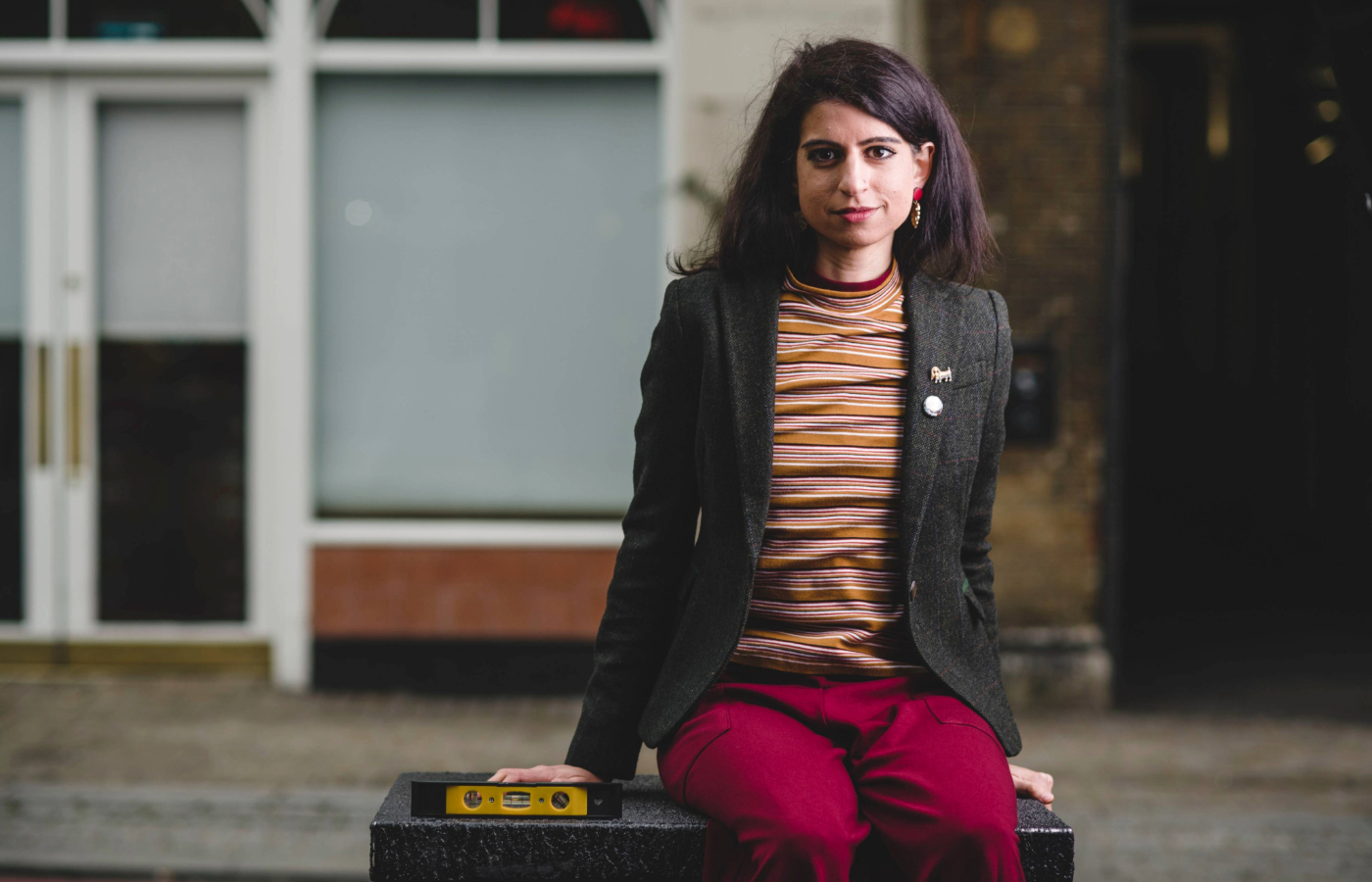 Supplied
Supplied“It’s the place that looked after me when I came from Pakistan and it will always feel like home.
“Often when people think of Scottish landscapes they think of dramatic ones like Scotland’s amazing mountains and lakes, its peaks and troughs but Scotland has the most amazing flatlands.
“Scotland’s flatlands – like ones in Orkney – have a sense of a much older flatlands and a deeply compelling one.
“Scotland is the focal point of my life that makes things make sense.”
The writer completed the latter stages of high school at Madras College in St Andrews and feels drawn to flatlands across the east, as well as those in Orkney and the Highlands.
The memoir, Masud’s first trade book, explores flat landscapes all across Britain, including Newcastle Moor and Morecambe Bay.
She added: “Flat landscapes help us to understand undescribed or underappreciated ways of living.
“CPTSD describes traumatic experience which extends over a length of time – there’s no single traumatic experience such as childhood neglect and prolonged captivity.
“Imagine if you’re looking out (at) a landscape, it’s an experience where there is no single landmark, nothing to point to and say ‘that’s when things changed’.

“I write that CPTSD is like a flat landscape in the sense that there is no single event to point to, there is nothing to look at or focus on and yet there’s something about not being able to look away either.
“I’ve been trying to write about my strange childhood growing up in Pakistan since I was 14.
“It quickly became clear to me that the lens from my childhood with CPTSD really filtered the way I thought about and reacted to flat landscapes.
“I felt it would be a good way to talk about this not well-known and not well understood condition.
“Writing this book, I wasn’t looking outward to what other people were doing, I was looking inward to what felt instinctive to me.
“I love doing both kinds of writing but there was something so fresh about being able to write in a more instinctive way.”
A Flat Place has also been longlisted for the Women’s Prize for Non-Fiction for 2024.
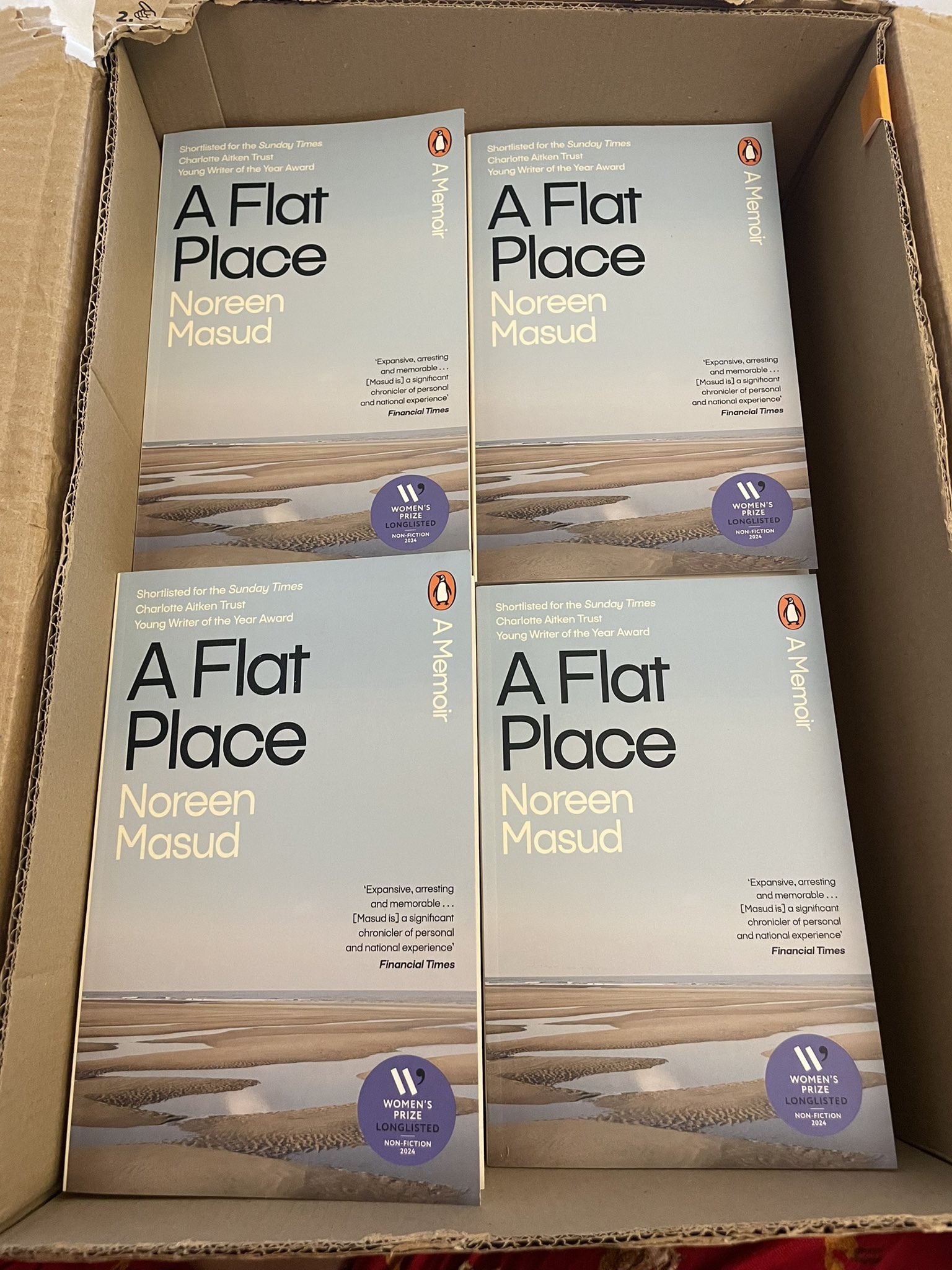 Supplied
SuppliedOn being nominated for the Sunday Times award, she said: “I’m still laughing about it! I’m in complete disbelief.
“The three other shortlisted writers are undeniable literary stars, they have all won a roster of awards already.
“I’m definitely the underdog here. It’s remarkable that someone read my book and decided ‘let’s put it on a shortlist’.
“I feel incredibly lucky and I’m still pinching myself.”
The winner of the award will be announced at a ceremony at Canova Hall in Brixton on Tuesday, March 19.
A Flat Place is available to purchase on Amazon and other retailers here.
Follow STV News on WhatsApp
Scan the QR code on your mobile device for all the latest news from around the country


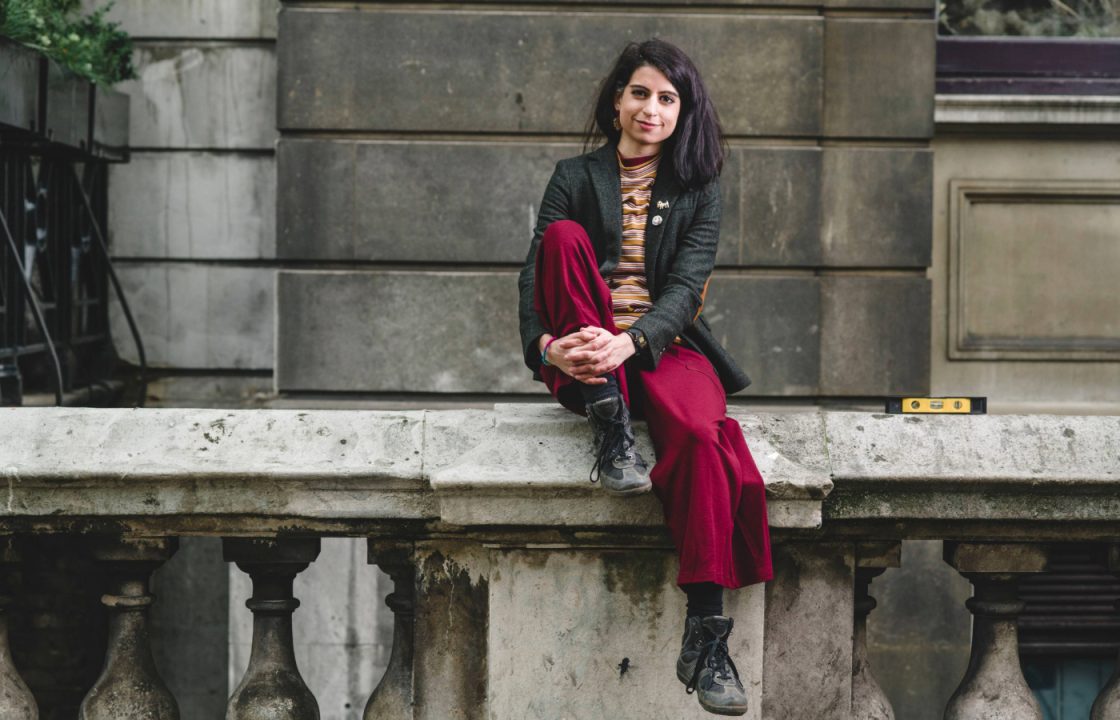 Supplied
Supplied

